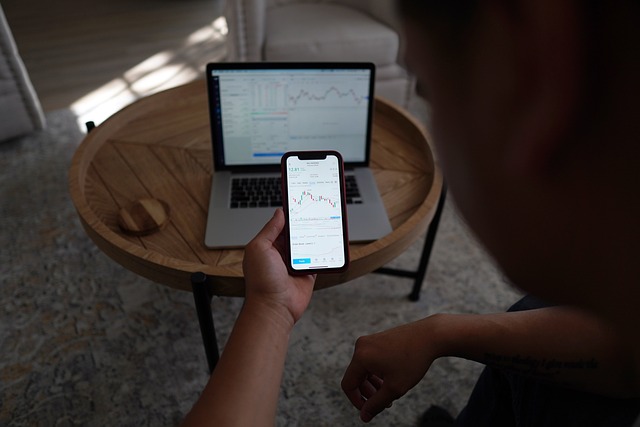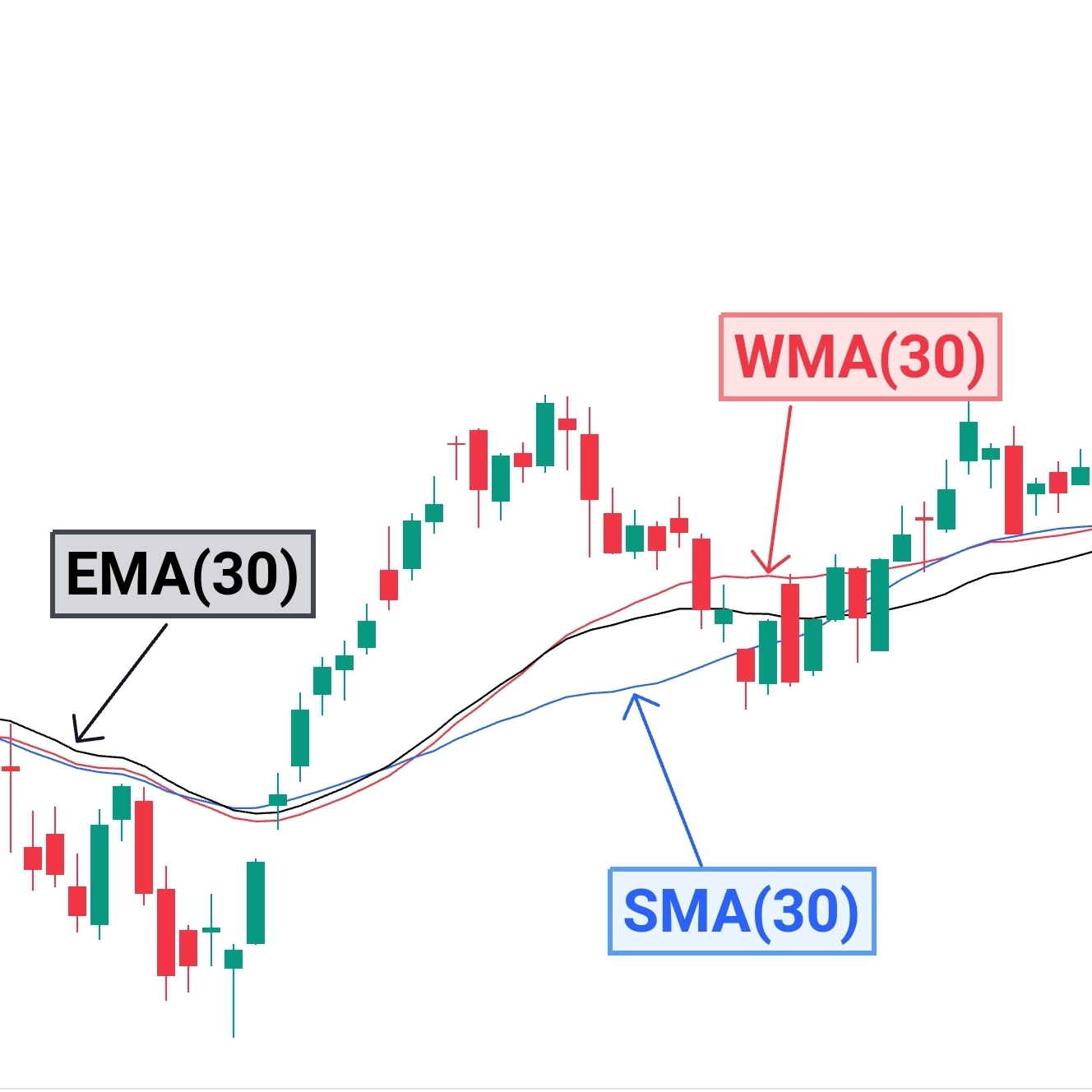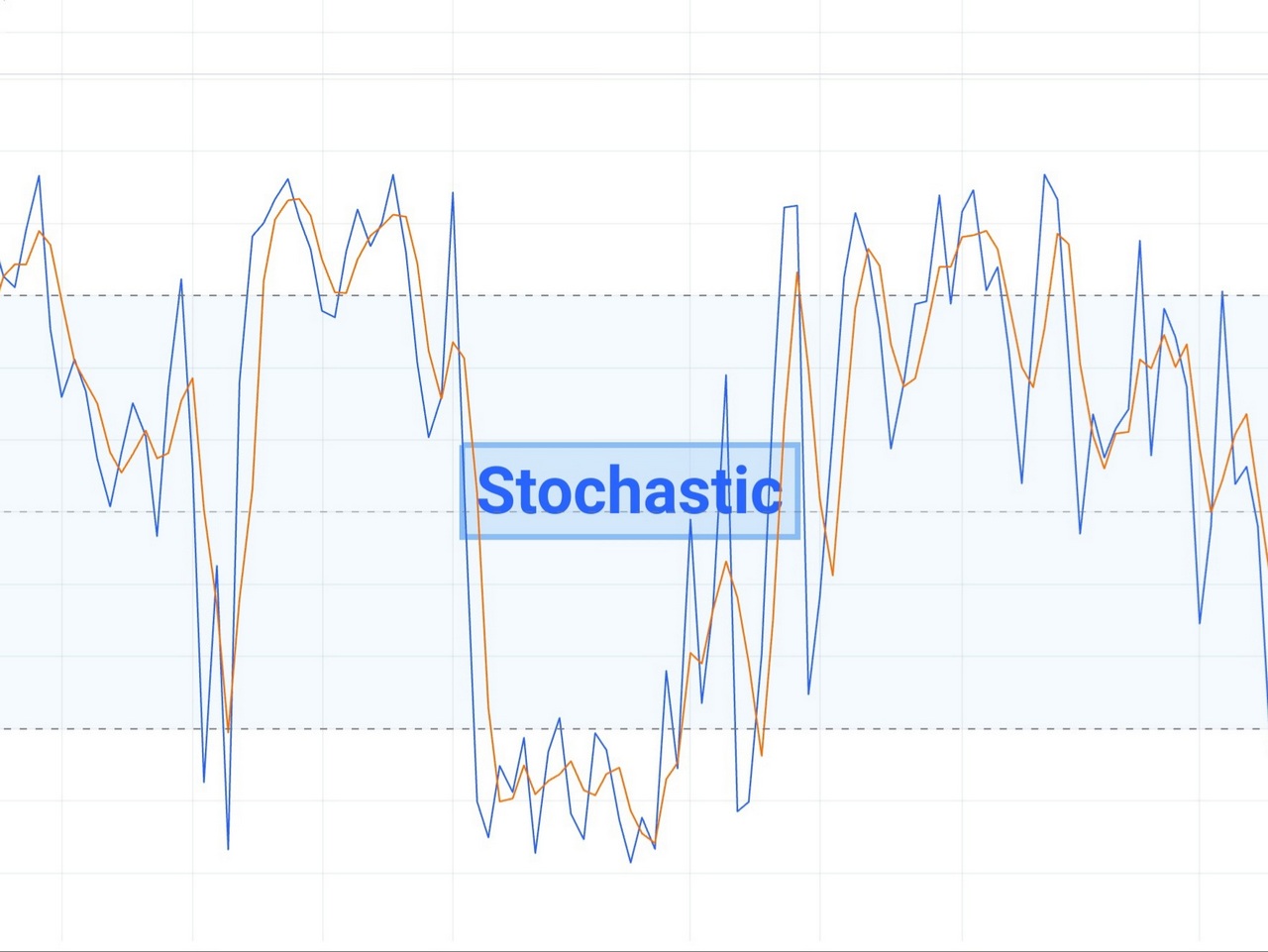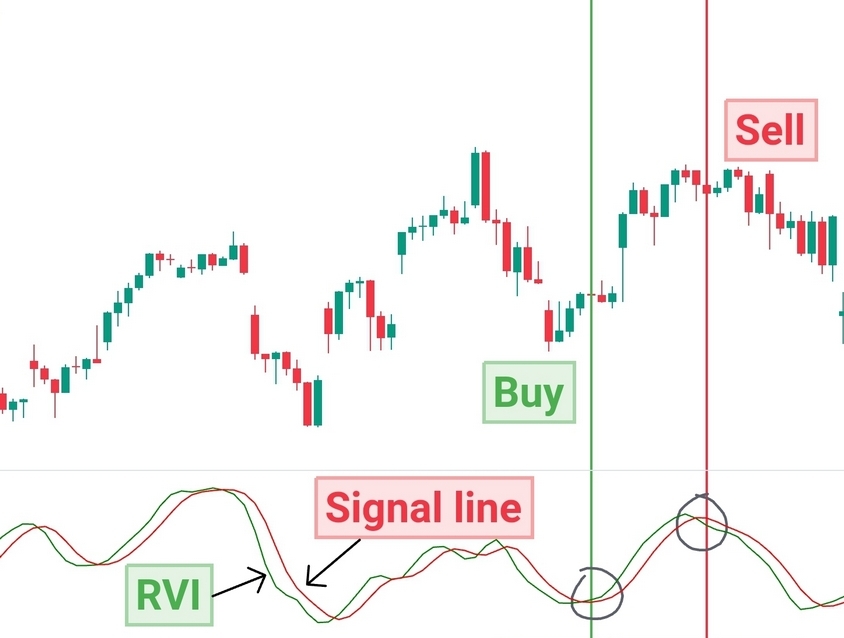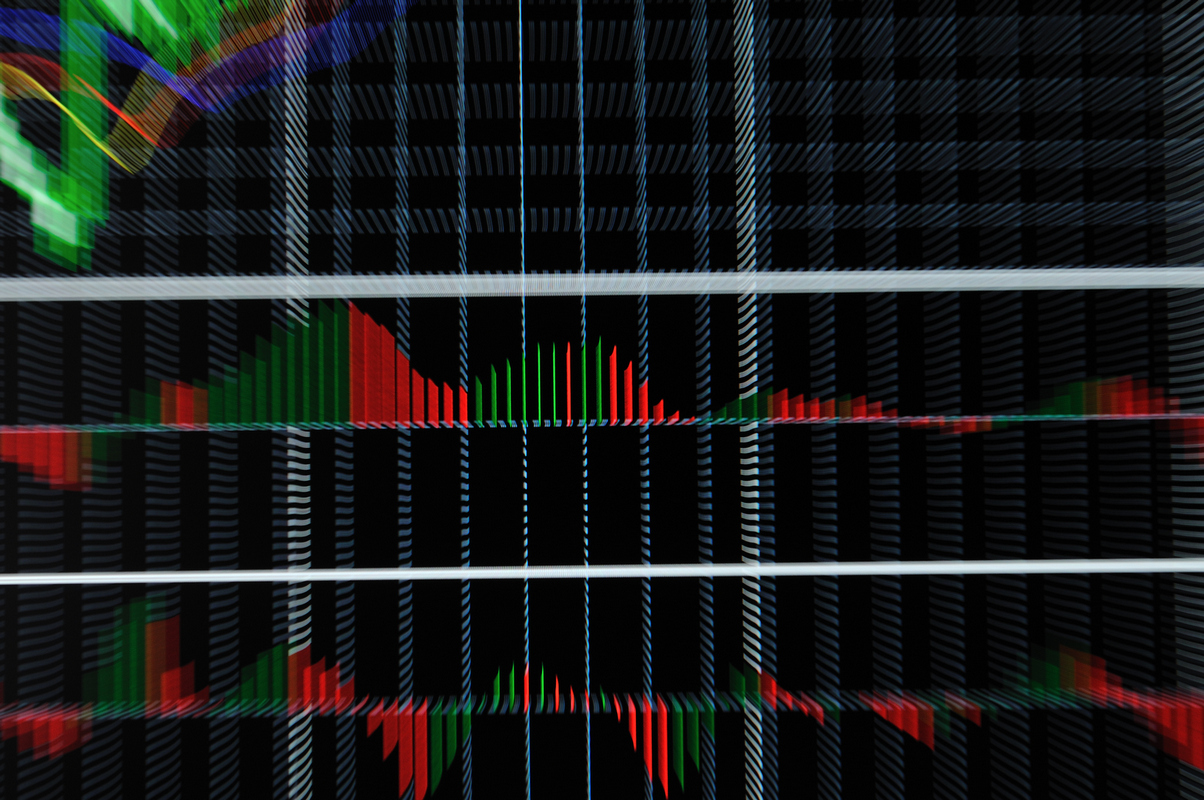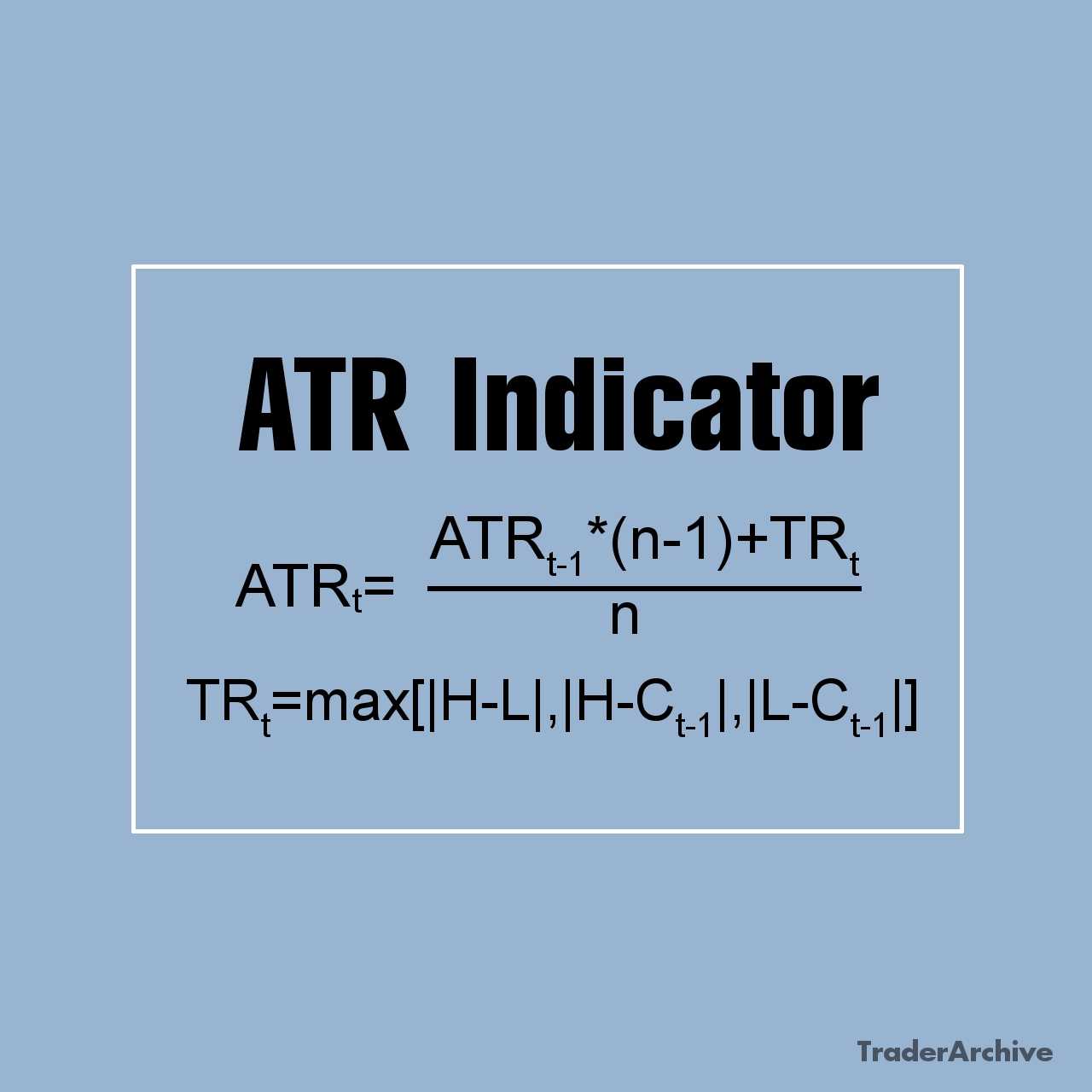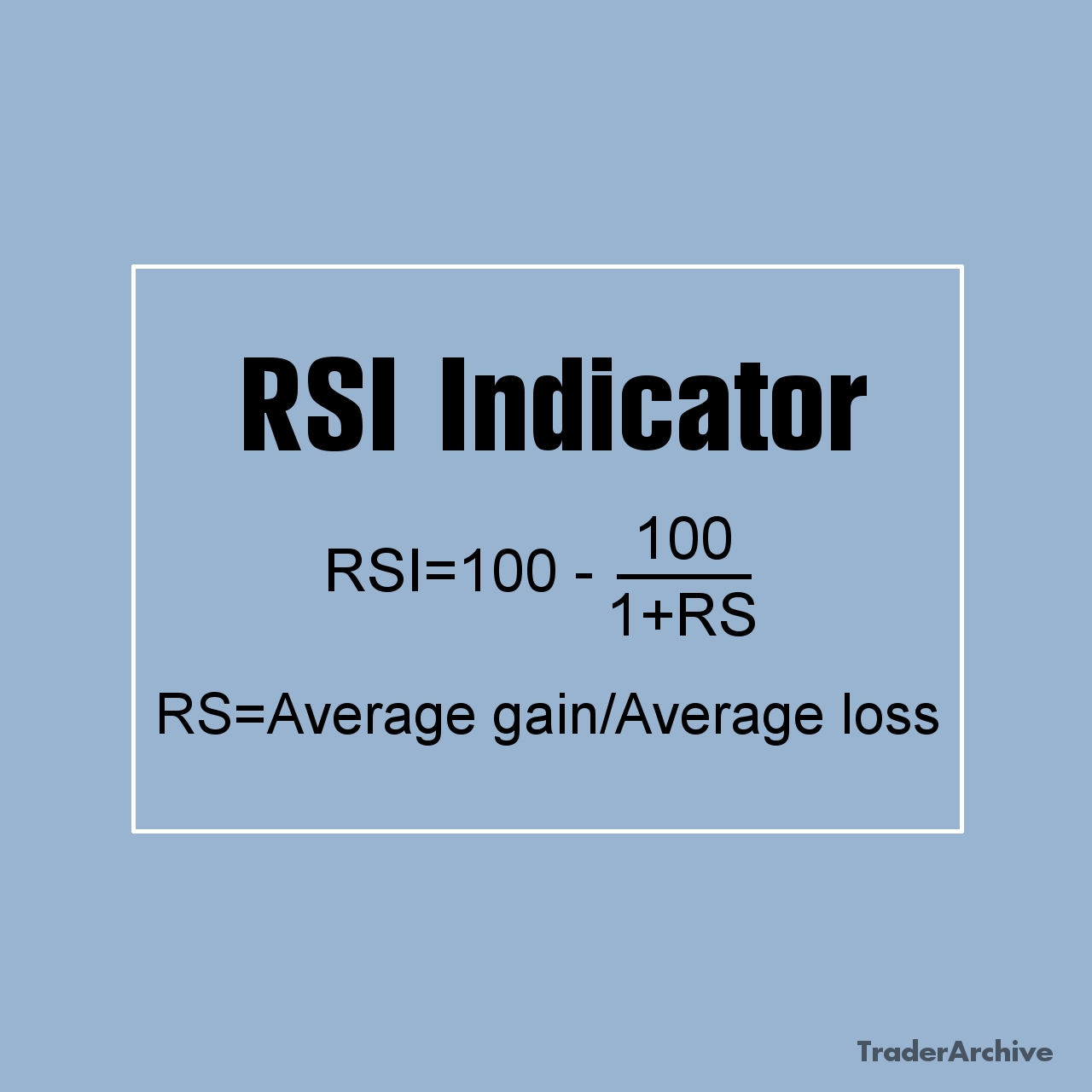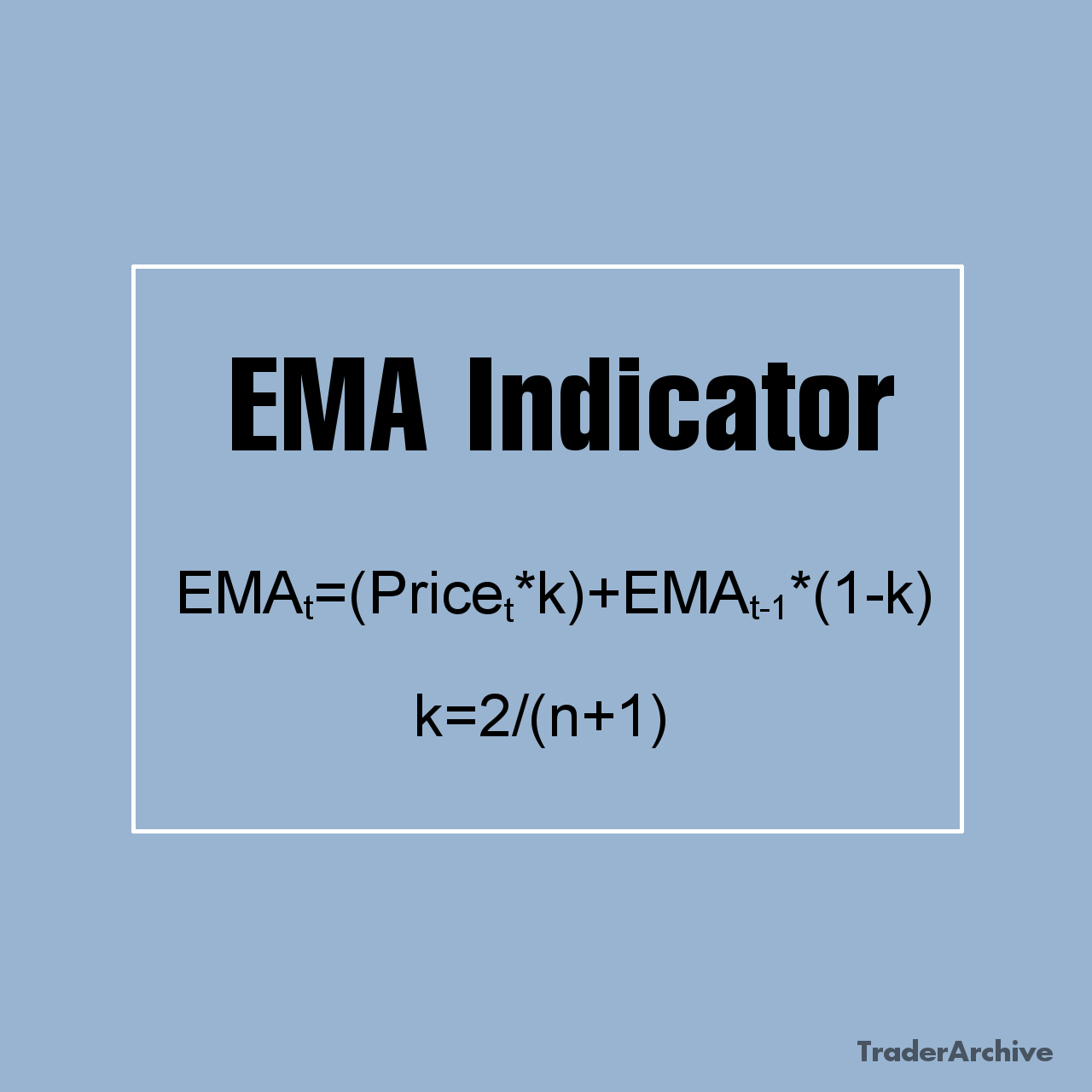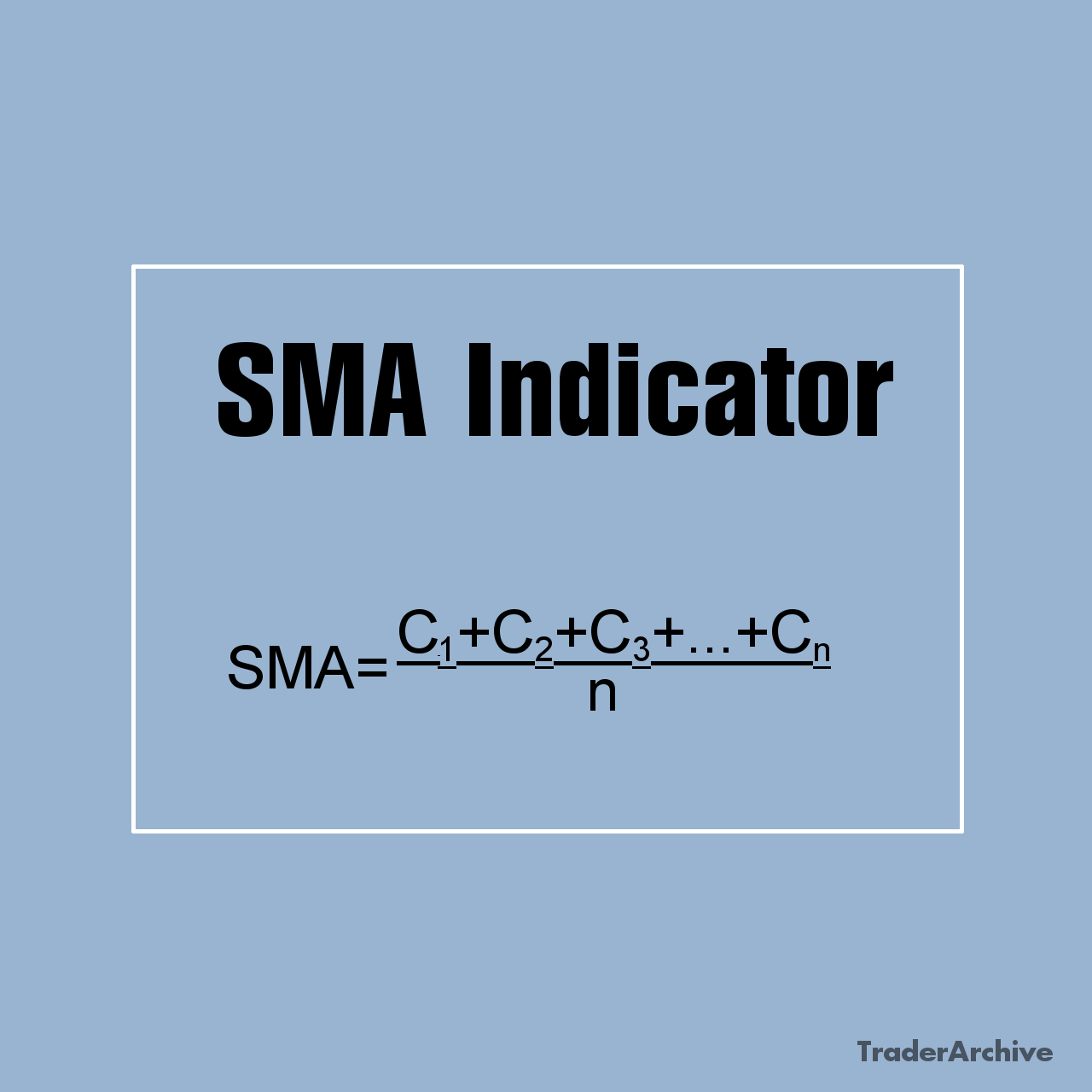Forex trading, short for foreign exchange trading, has gained immense popularity in recent years as more individuals seek opportunities to participate in the global financial markets. Whether you’re a novice investor or an experienced trader looking to diversify your portfolio, understanding the intricacies of Forex trading is essential for success. In this comprehensive guide, we’ll delve into the world of Forex trading, covering everything beginners need to know to get started.
What is Forex Trading?
Forex trading involves the buying and selling of currencies with the aim of profiting from fluctuations in exchange rates. Unlike the stock market, where investors buy and sell shares of publicly traded companies, Forex trading revolves around currency pairs. These pairs consist of a base currency and a quote currency, with the exchange rate indicating how much of the quote currency is needed to purchase one unit of the base currency.
For example, in the EUR/USD currency pair, the Euro (EUR) is the base currency, and the US Dollar (USD) is the quote currency. If you believe the Euro will strengthen relative to the Dollar, you would buy the EUR/USD pair, aiming to sell it later at a higher price to realize a profit.
Understanding Currency Pairs
Currency pairs are categorized into three main types: majors, minors, and exotics.
- Majors: These pairs involve the most widely traded currencies globally and include pairs like EUR/USD, GBP/USD, and USD/JPY.
- Minors: Also known as cross currency pairs, minors do not include the US Dollar and consist of currencies such as EUR/GBP, AUD/CAD, and GBP/JPY.
- Exotics: Exotic currency pairs involve one major currency and one currency from a developing or emerging market, such as USD/TRY (US Dollar/Turkish Lira) or EUR/TRY.
Understanding the characteristics of different currency pairs is crucial for formulating trading strategies and managing risk effectively.
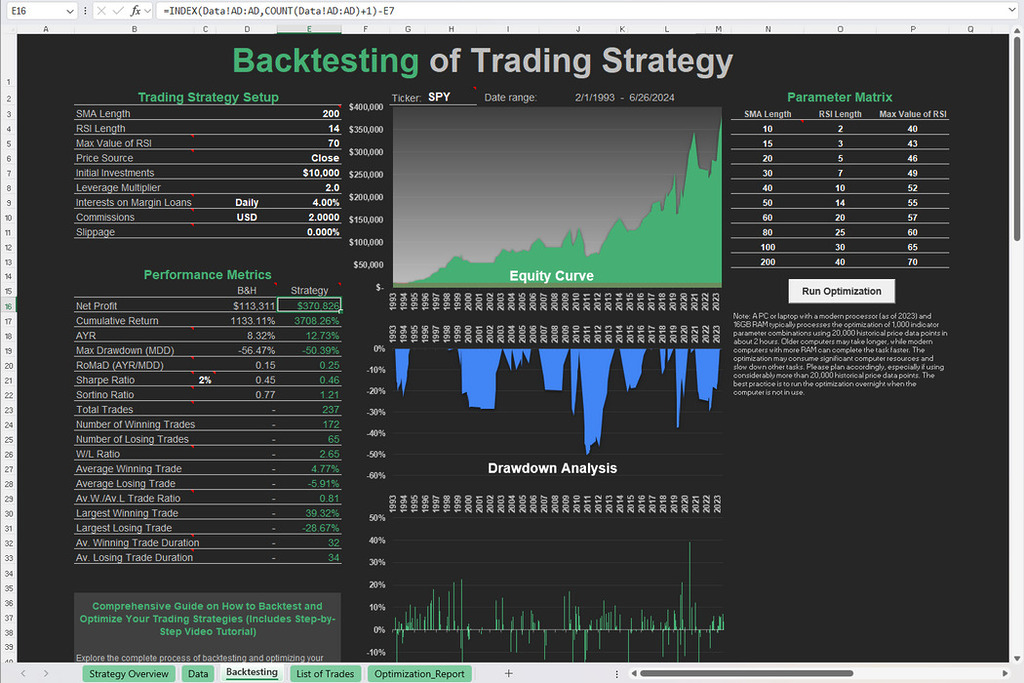
Free Backtesting Spreadsheet
Market Participants
Several types of market participants engage in Forex trading, including:
- Retail traders: Individual traders who speculate on currency movements for profit.
- Institutional traders: Banks, hedge funds, and other financial institutions that trade on behalf of clients or for proprietary purposes.
- Central banks: Central banks play a significant role in Forex markets through monetary policy decisions and interventions aimed at stabilizing their respective currencies.
- Corporations: Multinational corporations engage in Forex trading to hedge against currency risk associated with international business operations.
Factors Influencing Forex Markets
Various factors influence currency prices and drive movements in Forex markets. Some of the key factors include:
- Economic Indicators: Economic data releases such as Gross Domestic Product (GDP), employment reports, inflation figures, and central bank interest rate decisions can significantly impact currency values.
- Geopolitical Events: Political instability, trade tensions, and geopolitical conflicts can create uncertainty in Forex markets, leading to increased volatility and currency fluctuations.
- Central Bank Policies: Monetary policy decisions, including interest rate changes and quantitative easing programs, implemented by central banks can affect currency values and investor sentiment.
- Market Sentiment: Trader sentiment and market psychology play a crucial role in Forex markets, influencing buying and selling decisions and contributing to short-term price fluctuations.
Fundamental Analysis vs. Technical Analysis in Forex Trading
Forex traders utilize two main approaches to analyze currency markets: fundamental analysis and technical analysis.
- Fundamental Analysis: Fundamental analysis involves evaluating economic, political, and geopolitical factors that can influence currency prices. Traders analyze economic indicators, central bank policies, and geopolitical developments to assess the intrinsic value of currencies and identify trading opportunities.
- Technical Analysis: Technical analysis focuses on studying past price movements and identifying patterns and trends to forecast future price direction. Traders use technical indicators, chart patterns, and price action analysis to make trading decisions based on historical price data.
While both fundamental and technical analysis have their merits, many traders employ a combination of the two approaches to gain a comprehensive understanding of market dynamics.
Managing Emotions in Forex Trading
One of the most significant challenges beginners faces in Forex trading is managing their emotions. Fear, greed, excitement, and anxiety are common emotions that can cloud judgment and lead to impulsive decision-making. Understanding how emotions influence trading behavior and implementing strategies to control them is essential for long-term success in Forex trading.
Emotional Biases
Emotional biases such as fear of missing out (FOMO), confirmation bias, and loss aversion can distort perception and lead to irrational trading decisions. For example, FOMO may prompt beginner traders to enter trades hastily without proper analysis, while loss aversion may cause them to hold losing positions for too long in the hope of a reversal.
Overcoming Fear and Greed
Fear and greed are two powerful emotions that often drive trading decisions. Fear of losing money can paralyze beginner traders and prevent them from taking necessary risks, while greed can lead to overtrading and excessive risk-taking. To overcome these emotions, traders should focus on maintaining a disciplined trading plan, setting realistic goals, and adhering to predefined risk management strategies.
Developing Emotional Discipline
Developing emotional discipline is essential for maintaining composure and making rational decisions in Forex trading for beginners. This involves staying objective, controlling impulses, and avoiding emotional reactions to market fluctuations. Practicing mindfulness techniques, such as deep breathing exercises and visualization, can help calm the mind and enhance emotional resilience during trading.
Setting Realistic Expectations
Unrealistic expectations can fuel emotions such as frustration and disappointment when trading results do not meet expectations. It’s essential for beginners to understand that Forex trading is not a get-rich-quick scheme, and that success requires time, effort, and continuous learning. Setting realistic goals and focusing on gradual progress can help mitigate emotional distress and foster a positive mindset.
Journaling and Reflection
Keeping a trading journal to record trades, emotions, and observations can provide valuable insights into trading behavior and help beginners to identify patterns of emotional bias. Regularly reviewing and reflecting on trading journal entries can facilitate self-awareness and promote emotional regulation by highlighting areas for improvement and reinforcing positive trading habits.
By acknowledging the influence of emotions on trading and implementing strategies to manage them effectively, beginners can enhance their decision-making process, minimize impulsive behavior, and improve their overall trading performance. Developing emotional discipline is an ongoing journey that requires self-awareness, practice, and commitment, but mastering this aspect of trading can significantly contribute to long-term success and profitability in Forex markets.
Risk Management in Forex Trading
Effective risk management is crucial for success in Forex trading and involves implementing strategies to protect capital and minimize losses. Some essential risk management techniques include:
- Position Sizing: Determining the appropriate position size based on risk tolerance, account size, and trading strategy to limit potential losses.
- Stop Loss Orders: Placing stop loss orders to automatically exit trades at predefined price levels to limit losses in case the market moves against your position.
- Diversification: Diversifying your trading portfolio by trading multiple currency pairs and employing different trading strategies to spread risk and minimize exposure to individual positions.
- Risk-Reward Ratio: Evaluating the potential risk and reward of each trade and ensuring that potential profits outweigh potential losses to maintain a positive risk-reward ratio.
By implementing sound risk management practices, traders can protect their capital and increase the likelihood of long-term profitability in Forex trading.
Choosing a Forex Broker
Selecting a reputable Forex broker is essential for executing trades effectively and safeguarding your funds. When choosing a Forex broker, consider the following factors:
- Regulation: Ensure that the broker is regulated by a reputable financial authority such as the US Commodity Futures Trading Commission (CFTC), the UK Financial Conduct Authority (FCA), or the Australian Securities and Investments Commission (ASIC) to ensure compliance with industry standards and investor protection measures.
- Trading Platform: Evaluate the broker’s trading platform to ensure it offers a user-friendly interface, advanced charting tools, and reliable execution speeds to facilitate efficient trading.
- Spreads and Fees: Compare the spreads, commissions, and other trading costs charged by different brokers to minimize trading expenses and maximize profitability.
- Customer Support: Assess the quality of customer support provided by the broker, including the availability of multilingual support representatives, responsive communication channels, and timely resolution of queries and issues.
By conducting thorough research and due diligence, you can select a Forex broker that meets your trading needs and provides a secure and reliable trading environment.
Simulated Forex Trading and Education
Before risking real capital in Forex trading, it’s essential to practice trading strategies and hone your skills through demo trading accounts offered by most Forex brokers. Demo accounts allow you to trade with virtual funds in real-time market conditions, providing a risk-free environment to test different trading strategies and familiarize yourself with the intricacies of Forex trading.
Additionally, investing in education and acquiring knowledge about Forex trading concepts, strategies, and market dynamics can significantly enhance your trading proficiency and increase your chances of success. Take advantage of our educational resources to broaden your understanding of Forex trading and develop a robust trading plan.
Further reading on simulated trading.
Final Thoughts
Forex trading offers an exciting and potentially lucrative opportunity for individuals to participate in the global financial markets and generate profits from currency fluctuations. By understanding the fundamentals of Forex trading, including currency pairs, market participants, influencing factors, and risk management techniques, you can embark on your trading journey with confidence and clarity.
While Forex trading presents significant opportunities, it’s essential to approach it with caution and discipline, emphasizing proper risk management and continuous learning. By acquiring knowledge, developing trading skills, and adopting a systematic approach to trading, you can navigate the complexities of Forex markets and strive for long-term success in your trading endeavors.
Share on Social Media:
